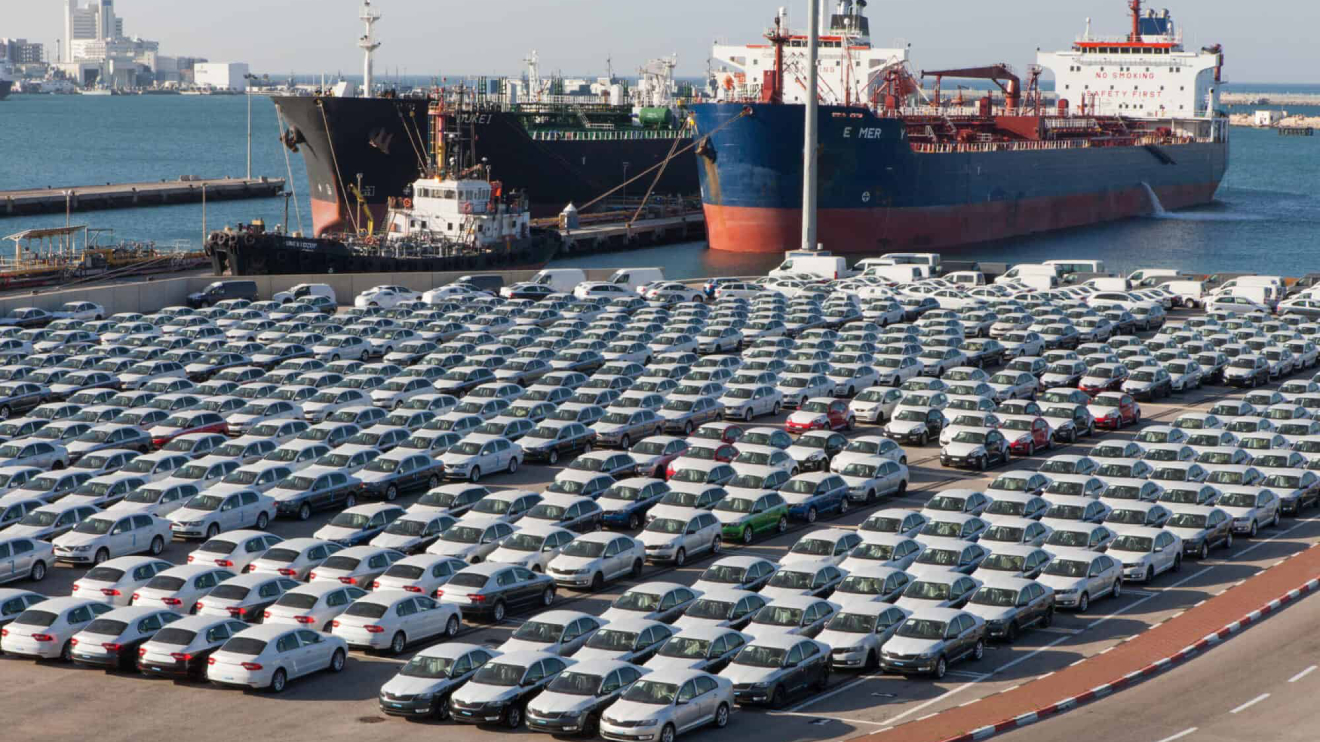Kenyan car owners may soon face a new tax burden as the government explores ways to raise revenue and promote environmentally friendly vehicles.
The proposed Motor Vehicle Circulation Tax, dubbed a "wealth tax," would target car owners at the point of purchasing car insurance.
Dual Tax System Proposed
The Treasury and Transport Ministry are considering a two-pronged approach: a flat rate for all vehicle owners and an additional, graduated tax based on engine capacity.
This system aims to impose a higher burden on owners of vehicles with larger engines, potentially deterring purchases of gas-guzzling cars.
Read More
The tax would be implemented annually, according to the government's Medium-Term Revenue Strategy (MTRS).
"The tax will be paid annually by motor vehicle owners at the point of acquiring an insurance cover," the document read.
"There will be a minimum tax amount payable by all motor vehicle owners in addition to a graduated amount based on the engine capacity of the vehicle."
Implementation Timeline and Environmental Considerations
The proposed Motor Vehicle Circulation Tax is envisioned for implementation between the 2024/2025 and 2026/2027 financial years.
This strategy aligns with the government's goals to address climate change.
Fossil Fuel Excise Duty Increase on the Horizon
The MTRS also proposes an increase in excise duty for vehicles that rely on fossil fuels, such as diesel and petrol.
Electric vehicles, however, would be exempt from this tax increase.
The phased implementation of this policy is expected to begin between the 2024/2025 and 2026/2027 financial years.
The strategy document mentions a broader evaluation of a "carbon tax."
This could potentially include a gradual rise in excise duties for fossil fuel-powered equipment beyond just vehicles, encompassing tractors and construction machinery.
"The following will be evaluated within the scope of carbon tax including a gradual increase of excise taxes on vehicles that use fossil fuels to address environmental damage and negative health effects," the
"The increase will be phased over the strategy on imported vehicles. Also, the government will evaluate the introduction of excise on other equipment that uses fossil fuel tractors, such as tractor forklifts, excavators’ earthmovers,"
While the government aims to generate additional revenue streams and align its policies with environmental objectives, the proposed taxation overhaul is expected to face scrutiny from car owners and industry stakeholders.
Concerns over the potential inflationary effects on the cost of living and business operations may prompt calls for extensive deliberations and consultations before the implementation of the new tax regime.







-1757663582.jpeg)
